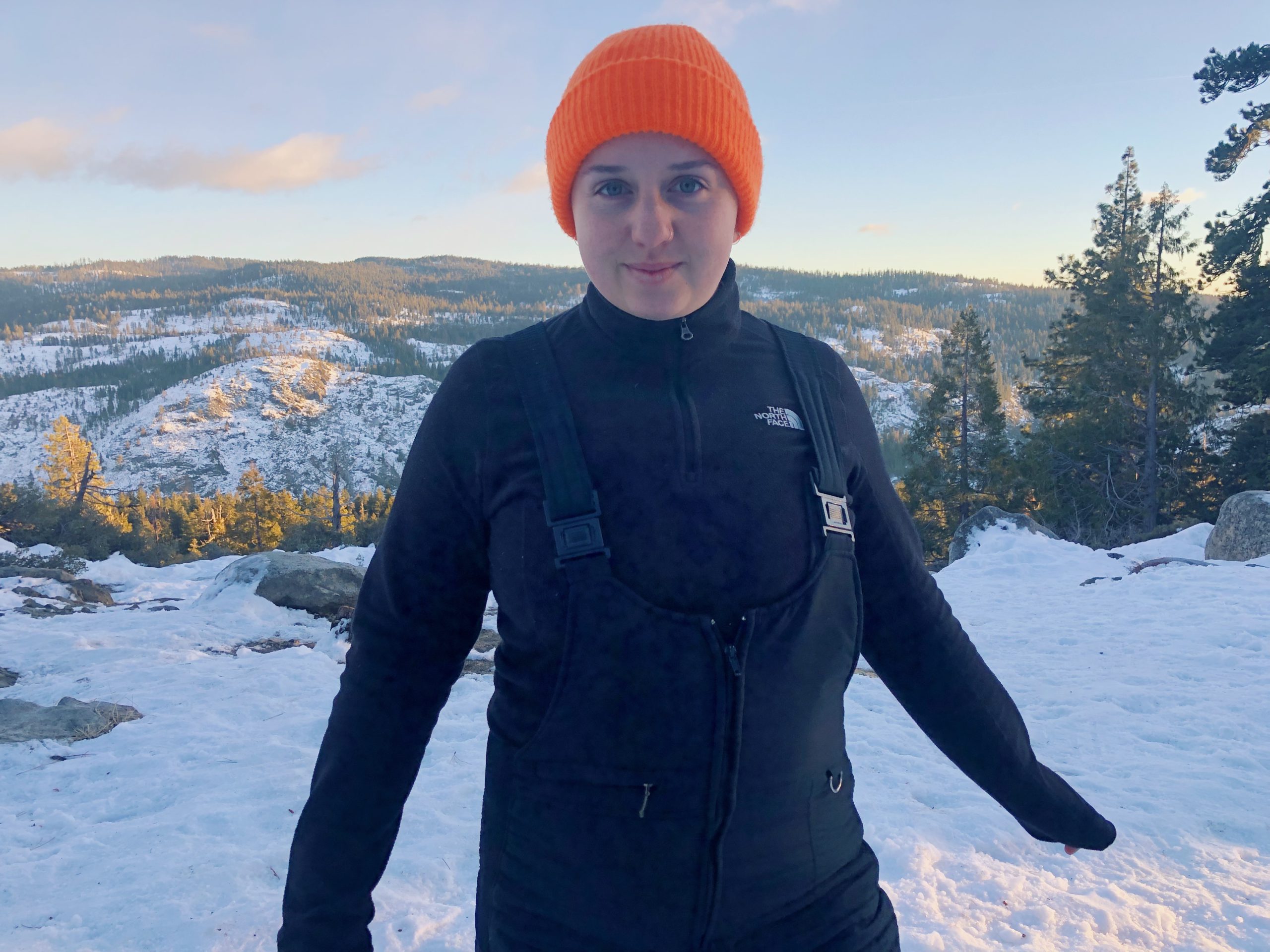Dani’s Story
Storyteller: Daniela (they/them), 25, Ohio
“I don’t really consider myself a scientist, but I do consider myself an artist, a technician, and an explorer. As a kid, I experimented with any electronic device I could get my hands on. I was curious what pushing buttons could do. What could I discover, what could I trigger, what patterns could I create? It started with small toys, then Nokia phones, VCRs and tape film recorders, which then grew into dusty Yamaha keyboards, PC computers, laptops, synthesizers, loopers and mixing boards. In high school, I preferred quantitative studies like calculus and physics to the subjective and messy world of literature and social studies. I know now those interests didn’t need to be mutually exclusive. Technology and sound have always shared a symbiotic relationship in my mind, and creating art through my experimentation with technology has helped me stay in communication with myself, my emotions, my intersectional communities, and the larger social world.
In my music technology undergraduate degree program, I noticed my classes were disproportionately cis-man-heavy. Very few of my classmates and professors looked, spoke, or behaved like me. Most of our recording classes would end up a boys club where a single contentious audio mixing or industry question would spiral the class’s agenda into a loud debate of opinions. Those of us with less prior experience (less societal support in our field?) would sit there wondering what these terms were, why they were so contentious, and why we weren’t included. Was it our own faults that we hadn’t learned about aliasing and the best multi-band compressor before? Why did these standards matter so much, who created them, and who tended to be the loudest and most opinionated voices in the room?
The vocabulary many folks used in class as well as the assumptions professors made in our audio understanding made me feel gate kept and unseen. I felt caught between staying silent and falling further into confusion and the embarrassment of being a femme body asking questions other folks considered “basic.” I began doubting my abilities, my ears, and my own voice. I felt tricked. Why would an introductory program make assumptions about knowledge I must have “picked up” in the industry so far? Was it because the space was not made for me to be in it?
This experience has informed my life, my work, and my collaborative approach immensely. I don’t want anyone to feel unsupported, unvalued, or that their curiosity could ever be considered dumb. I seek to build environments where we can make space for folks who historically have not had access to industry knowledge and resources and collectively value the varied life experiences that sound designers, audio engineers, and composers bring to their life’s work.”

Why would an introductory program make assumptions about knowledge I must have “picked up” in the industry so far? Was it because the space was not made for me to be in it?

